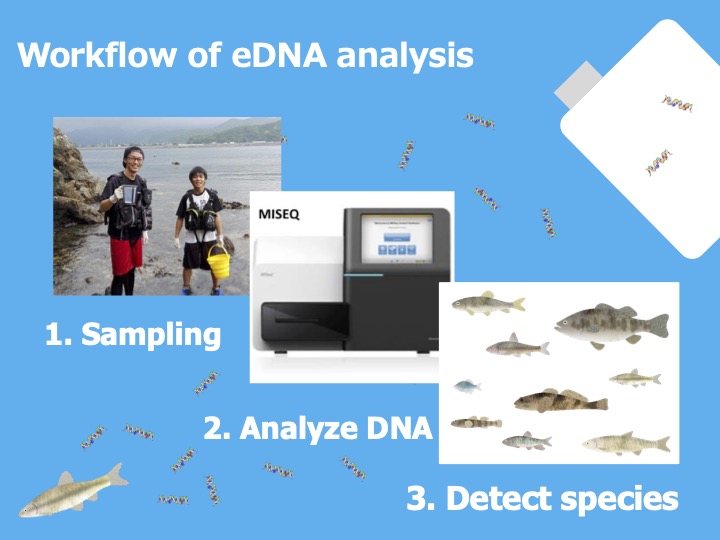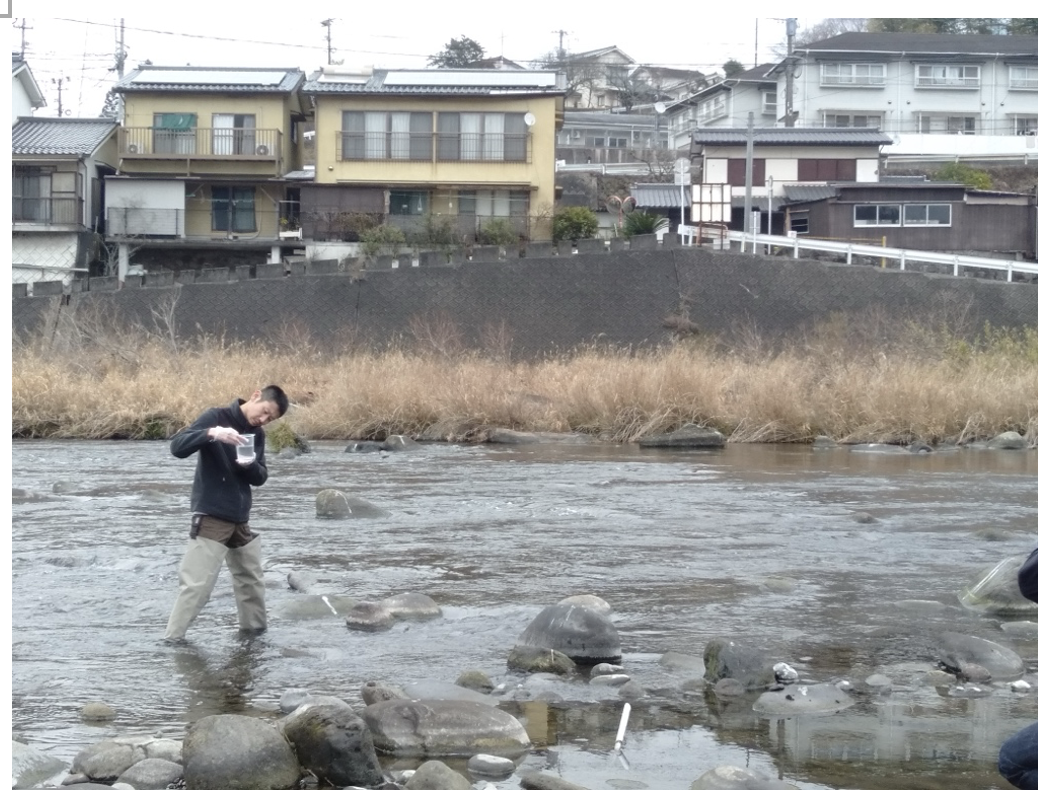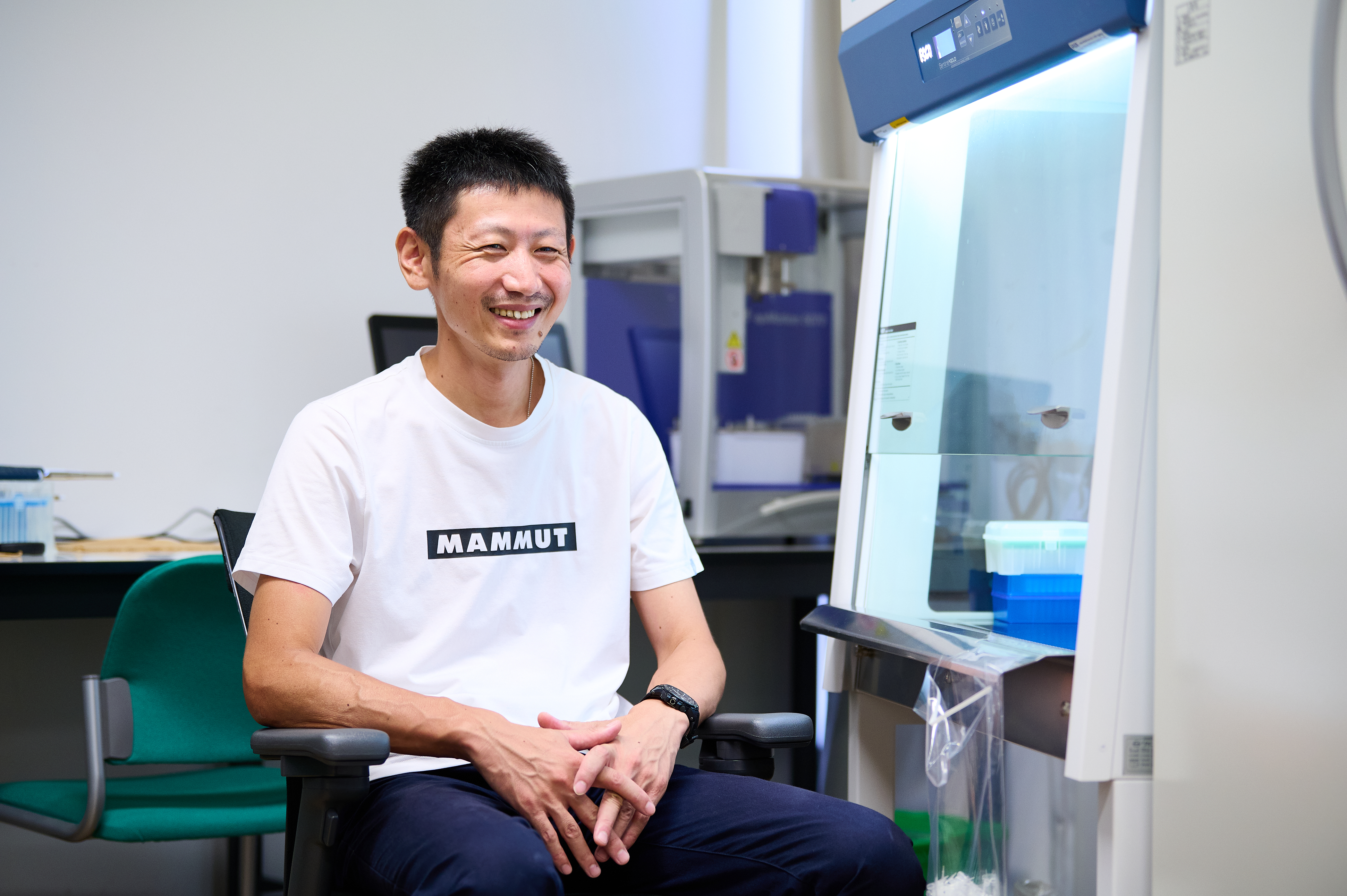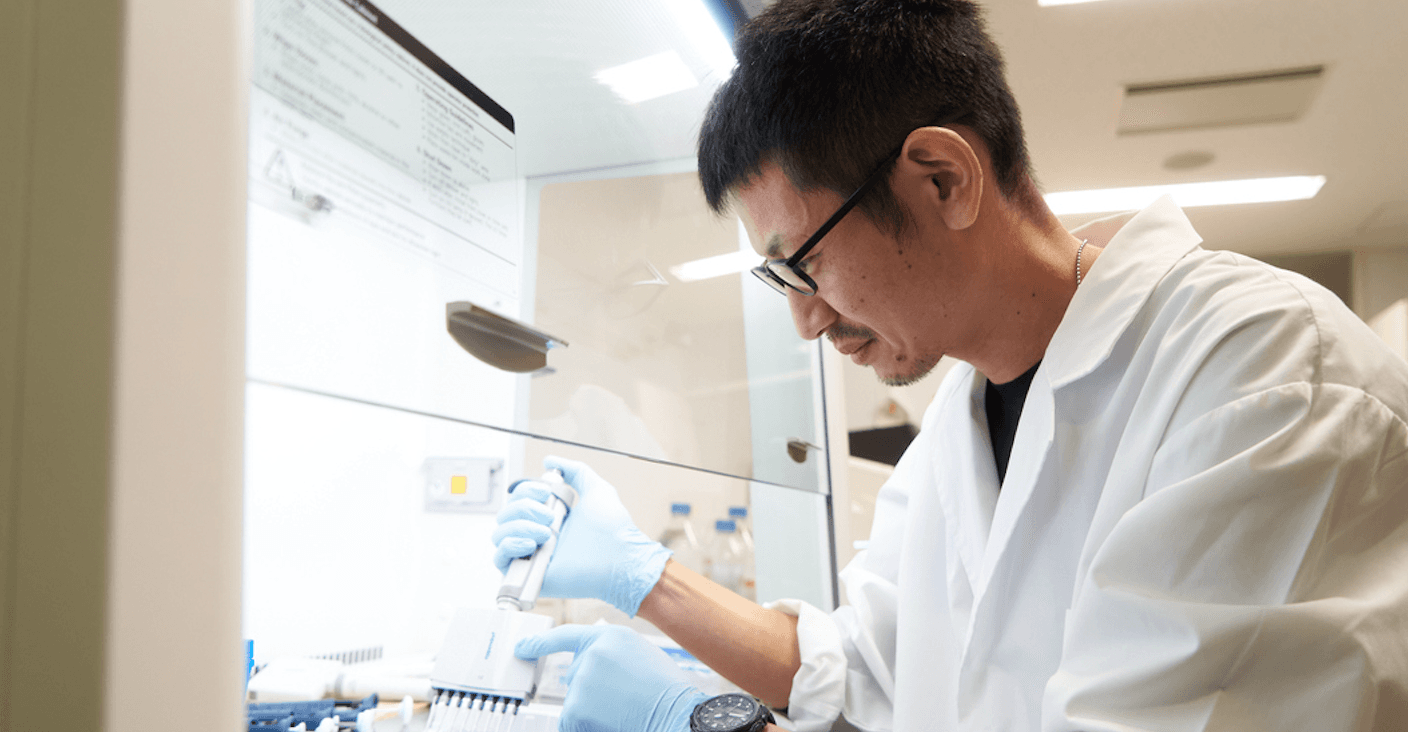As global economic activities continue to expand, the biodiversity crisis is deepening. We spoke with Professor Hiroki Yamanaka, a pioneer in environmental DNA (eDNA) research at Ryukoku University, who is sounding the alarm on this situation and proposing innovative solutions.
How do you view the current biodiversity crisis?
Yamanaka: Global economic activities have led to significant problems, such as loss of wildlife habitats, overexploitation of biological resources, and the influx of invasive species and diseases. These issues are threatening biodiversity on a global scale.
Recently, there's been growing consensus worldwide around the concept of "Nature Positive." This approach goes beyond merely halting nature destruction; it actively seeks to regenerate nature and repay our environmental debt.
What approaches do you believe are necessary to achieve a Nature Positive future?
Yamanaka: To realize and mainstream Nature Positive practices, we need accurate biodiversity information. Understanding which species inhabit which areas and how their distributions are changing is crucial for developing effective conservation strategies.This is where environmental DNA technology comes in. This innovative method allows us to efficiently collect extensive and detailed biodiversity data.
River water contains DNA from mucus and excretions released by fish living in that aquatic environment. By collecting this water, amplifying the DNA using PCR methods, and decoding the genetic sequences, we can comprehensively identify the organisms that possess this DNA. This technology allows us to determine, from just a cup of water, what kinds of creatures inhabit the water body where the sample was taken and in what quantities. In other words, it provides an overall picture of the biota (the composition of species living or growing in a specific area) of that aquatic environment.

Can you tell us about specific initiatives for collecting and utilizing eDNA data?
Yamanaka: Our flagship project is the Lake Biwa 100-point survey. We collect and analyze eDNA samples from over 100 locations in and around Lake Biwa, giving us a comprehensive view of the lake's biodiversity status.
We're working to expand this initiative by co-hosting the 100-point survey with Shiga Prefecture and Ryukoku University. We're also encouraging participation from financial institutions, exploring ways to incorporate eDNA survey results into financial products and investment decisions.
How do you approach collaboration with diverse stakeholders?
Yamanaka: Embedding biodiversity conservation in society requires cooperation from diverse stakeholders. To this end, I'm establishing a stakeholder conference as a platform to circulate funding, motivation, and effort.
This conference brings together participants from various sectors - businesses, government, NPOs, financial institutions, and research organizations - to discuss how to utilize eDNA data and implement concrete measures towards a Nature Positive society.
We aim to create a virtuous cycle between biodiversity conservation and economic activities. By sharing eDNA data and discussing how each sector can utilize it, we can uncover new business opportunities and avenues for social contribution.

For instance, companies can utilize eDNA analysis in preparing their TNFD (Taskforce on Nature-related Financial Disclosures) reports to visualize the biodiversity impact of their business activities across all relevant locations. This allows them to demonstrate their environmental efforts with concrete data backed by science, potentially attracting ESG investments and enhancing brand value.
Financial institutions can use the biodiversity information included in companies' TNFD reports for non-financial information assessment. Moreover, if regular observational data of the areas where a company operates is available as public data, it could provide an objective verification of the information published in the company's TNFD reports. The information obtained through eDNA analysis can also serve as an objective indicator for developing financial services that support companies seriously committed to Nature Positive initiatives.
For local governments, eDNA analysis data can significantly contribute to policy making. The key point is that by making previously hard-to-see biodiversity information visible, there's a higher possibility of formulating clearer, evidence-based policies. This can lead to the development of more effective environmental conservation measures, evaluation of local ecosystem services, and applications across a wide range of fields.
Our goal is to create a system that promotes biodiversity conservation as a whole, while clearly defining the benefits for each stakeholder.
What is your vision for the future?
Yamanaka: Our ultimate goal is to integrate biodiversity conservation into economic activities and realize a Nature Positive society. We plan to expand the Lake Biwa 100-point survey and stakeholder conference initiatives throughout Shiga Prefecture, then use the knowledge and models gained to expand nationwide and eventually worldwide.
By utilizing eDNA data, we can visualize the value of natural capital and reflect it in corporate activities and local economies. Through cooperation among diverse stakeholders, we aim to create a sustainable cycle of funding, motivation, and effort. Through these initiatives, we strive to realize a truly sustainable society where biodiversity conservation and economic development coexist harmoniously.

Profile
Hiroki Yamanaka (山中 裕樹), Ph.D., is a Professor at Ryukoku University's Faculty of Advanced Science and Technology. He obtained his doctorate from Kyoto University in 2007. After working as a postdoctoral researcher at the Research Institute for Humanity and Nature, a teaching associate, and an associate professor at Ryukoku University, he has been serving as a professor since 2024. As the director of Ryukoku University's Center for Biodiversity Science and executive director of The eDNA Society, Professor Yamanaka is at the forefront of advancing and promoting environmental DNA analysis technology for biodiversity conservation.
Laboratory website: http://edna-lab.org/
ResearchGate profile: https://www.researchgate.net/profile/Hiroki-Yamanaka
Note: This interview was conducted in Japanese in June 2024 and has been translated into English for HORIZON readers.



.png&w=3840&q=75)
